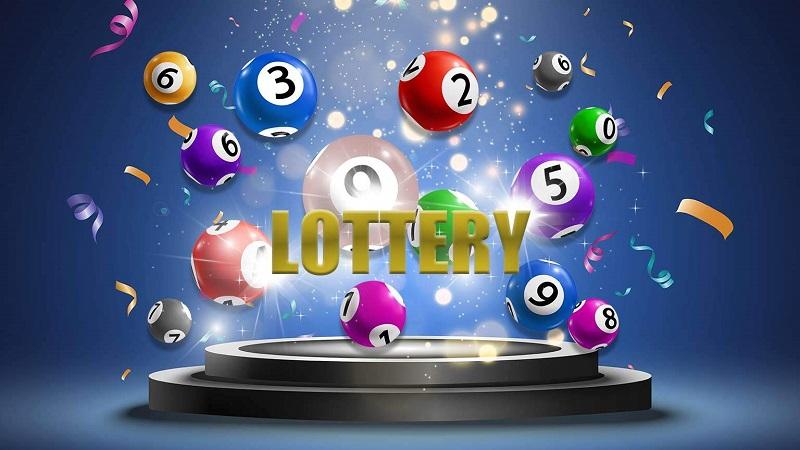In a world increasingly driven by digital innovation, even traditional pastimes are being transformed. The toto macau online, a game of chance that has captivated millions with the promise of life-changing fortunes, is no exception. Enter the realm of online lottery, where the thrill of the draw meets the convenience of modern technology. This fusion of tradition and technology is reshaping the lottery landscape, offering new opportunities and challenges for players and regulators alike.
The Evolution of Lottery: From Paper to Pixels
The lottery has a storied history, dating back centuries. From ancient Rome to medieval Europe, the concept of drawing lots to determine fate or fortune has long been embedded in human culture. Traditionally, lotteries were physical affairs, with tickets purchased from retailers and draws conducted in public or private settings.
The digital age, however, has revolutionized this traditional model. Online lotteries emerged in the late 20th and early 21st centuries, offering players the chance to participate in lottery games through the internet. This transition from paper to pixels has not only broadened accessibility but also introduced a host of new features and dynamics to the lottery experience.
The Appeal of Online Lottery
**1. **Accessibility and Convenience: **One of the most significant advantages of online lotteries is their accessibility. Players no longer need to visit physical retailers or be present for a draw. With a few clicks, anyone with an internet connection can purchase tickets and participate in lotteries from around the world. This convenience has democratized access to lottery games, allowing people from remote or underserved areas to join in.
**2. Variety of Options: Online platforms offer a diverse range of lottery games, from national and international lotteries to niche games with unique rules and formats. This variety caters to different preferences and increases the chances of finding a game that suits one’s taste and budget.
**3. Enhanced Security: Online lottery platforms typically employ advanced security measures to protect users’ personal and financial information. Features such as encrypted transactions and secure user accounts reduce the risk of fraud and ensure a safer gaming environment.
**4. Immediate Results: Digital lotteries often provide instant results, allowing players to check their numbers and claim prizes without the waiting period associated with traditional lotteries. This immediacy adds to the excitement and convenience of the experience.
Challenges and Considerations
**1. Regulatory Issues: The online lottery landscape is complex, with varying regulations across countries and regions. Some jurisdictions have embraced online lotteries and established clear frameworks for their operation, while others have imposed restrictions or outright bans. Navigating these regulations can be challenging for both operators and players, and ensuring compliance is crucial to maintaining the integrity of the system.
**2. Problem Gambling: The ease of access to online lotteries can pose risks for problem gambling. The anonymity and convenience of digital platforms may exacerbate issues related to gambling addiction. Responsible gambling measures, including self-exclusion options and spending limits, are essential to address these concerns and promote safe play.
**3. Fraud and Scams: While online lottery platforms generally have robust security measures, the digital nature of these games can attract fraudulent schemes. Players must exercise caution and choose reputable and licensed platforms to avoid falling victim to scams.
**4. Technological Dependence: The reliance on technology for online lotteries means that technical issues, such as server outages or software glitches, can impact the gaming experience. Ensuring reliable and efficient technology infrastructure is vital for maintaining player trust and satisfaction.
The Future of Online Lottery
As technology continues to advance, the future of online lottery looks promising. Innovations such as blockchain technology and artificial intelligence have the potential to further enhance security, transparency, and user experience. Blockchain, for example, can offer a decentralized and immutable record of transactions, addressing concerns about fraud and ensuring fairness.
Additionally, the integration of virtual reality (VR) and augmented reality (AR) could revolutionize the way players engage with lottery games, creating immersive and interactive experiences that go beyond traditional ticket purchases and draws.
